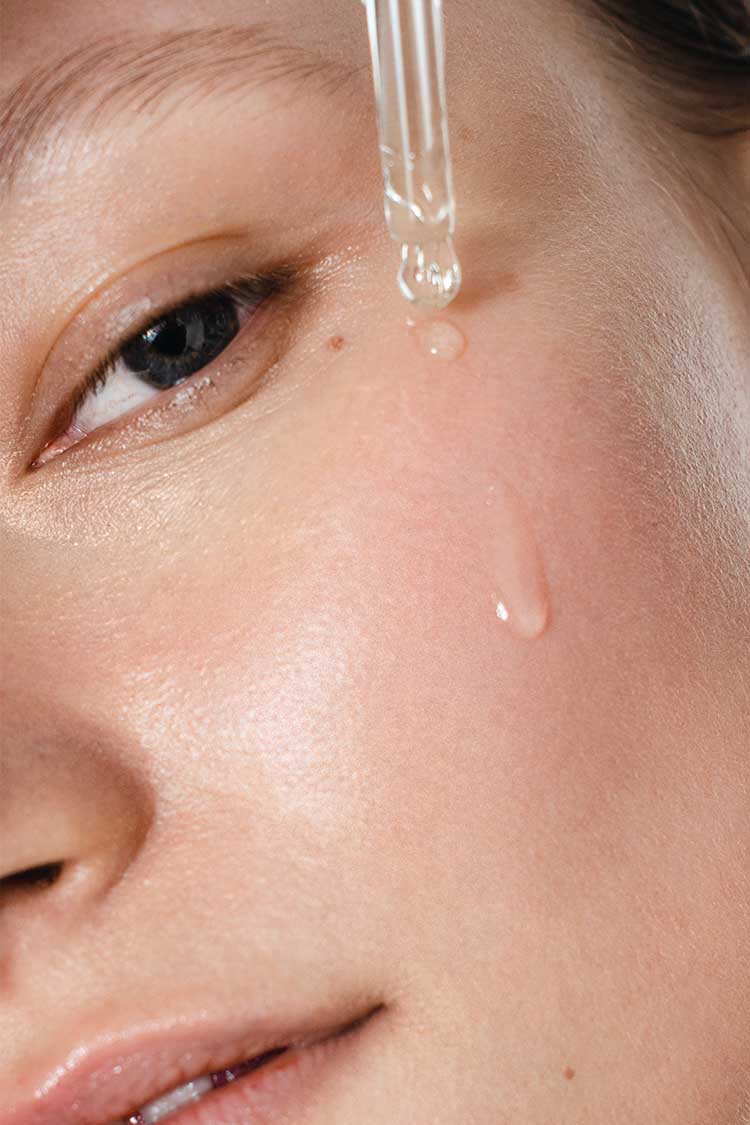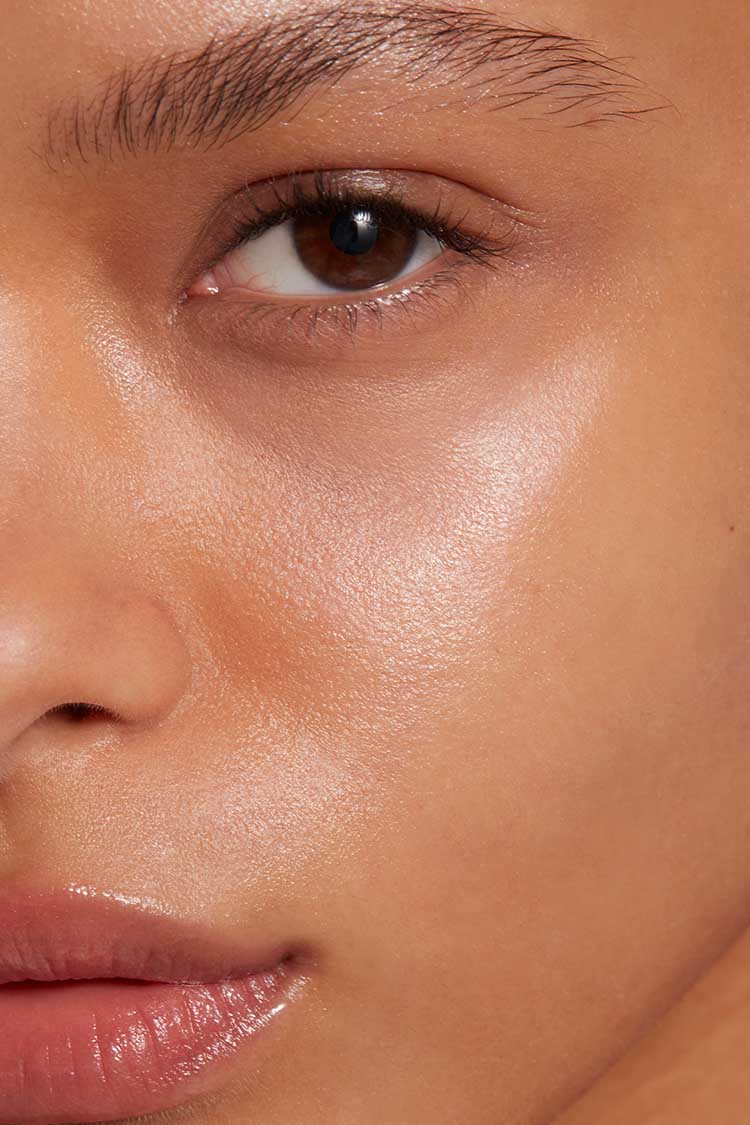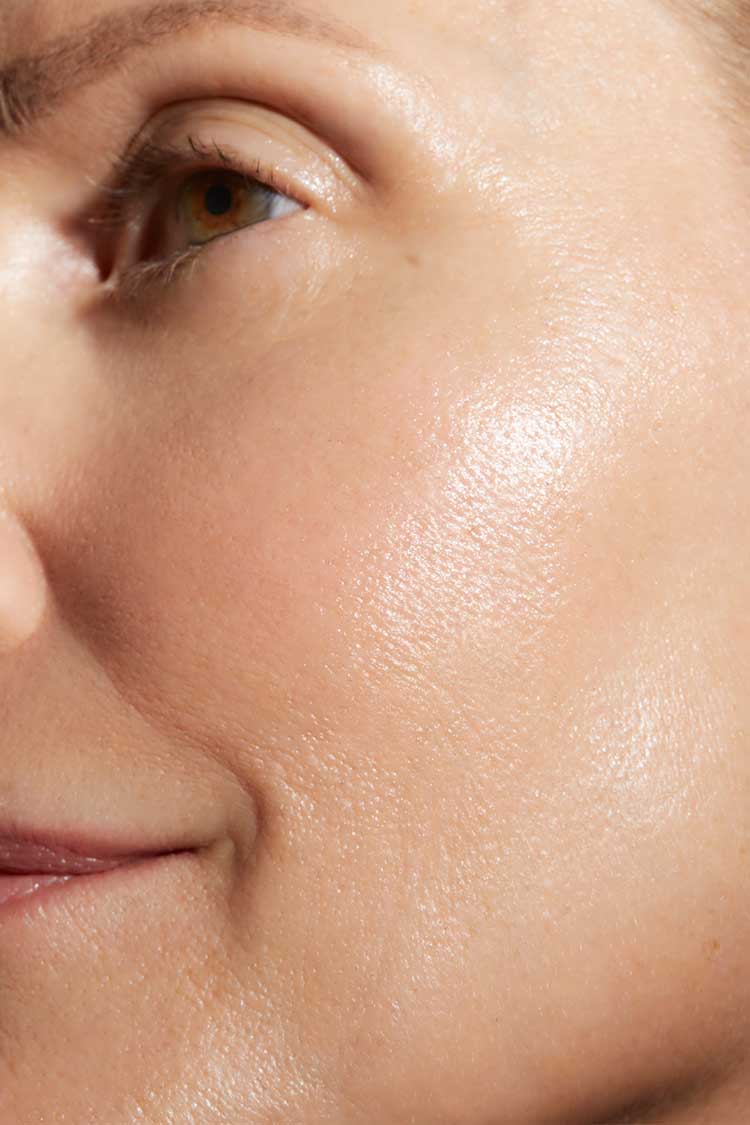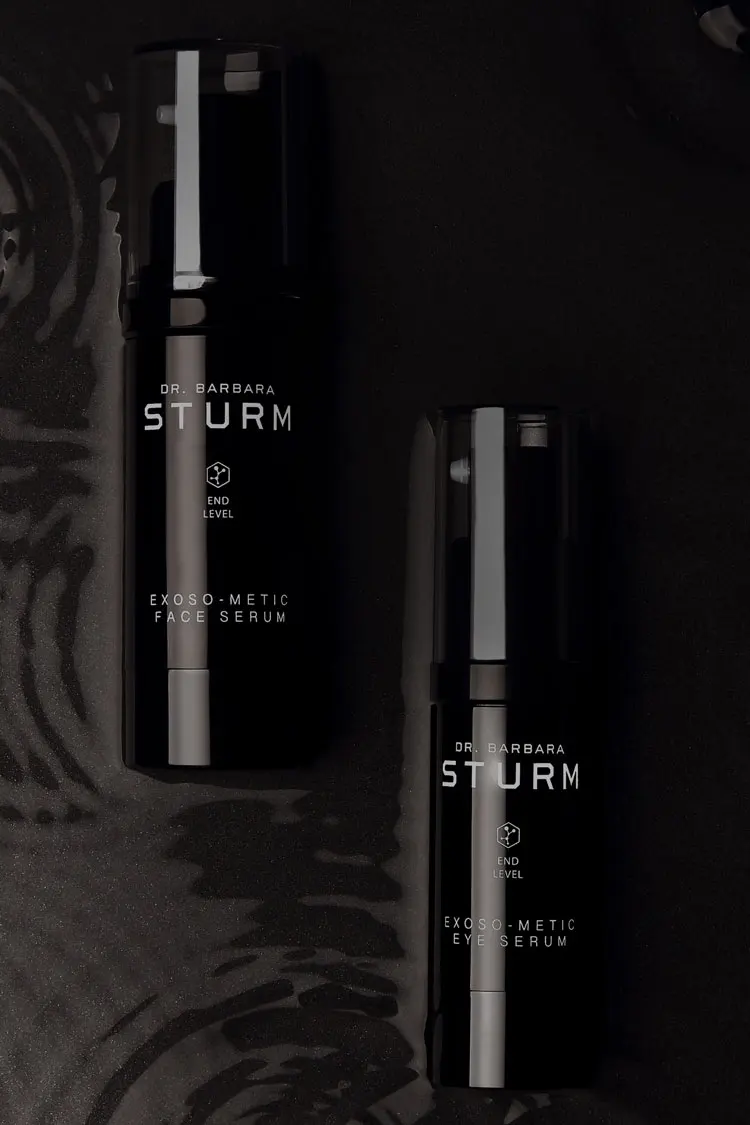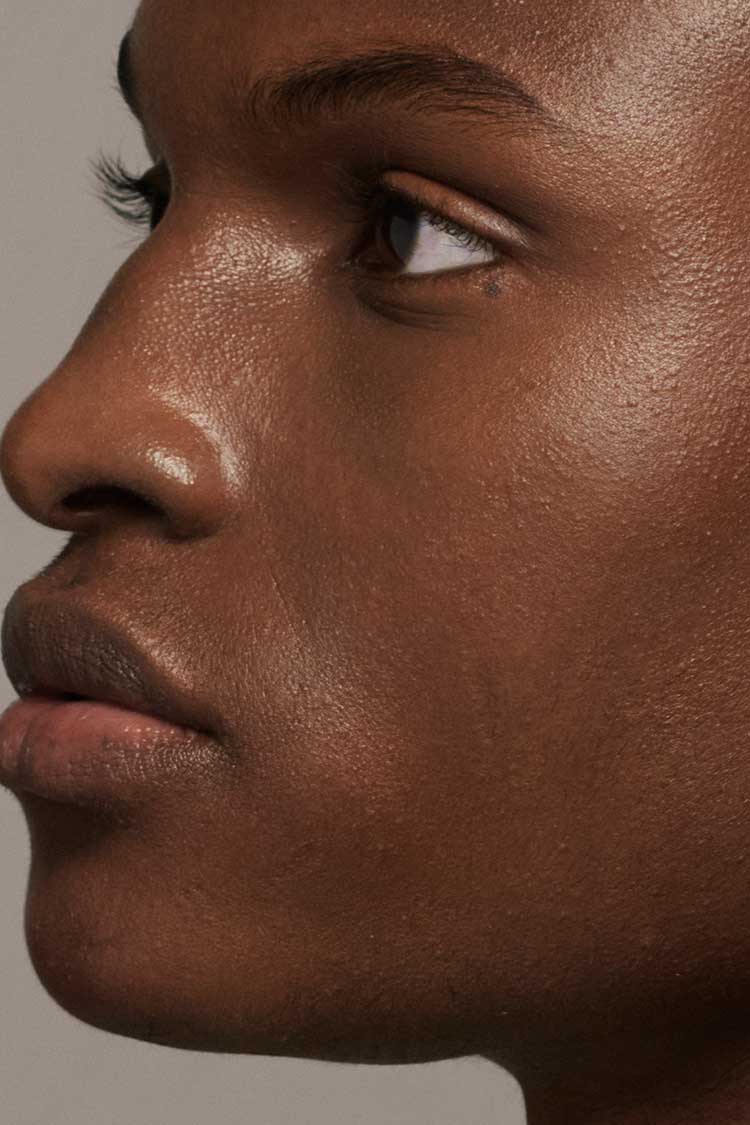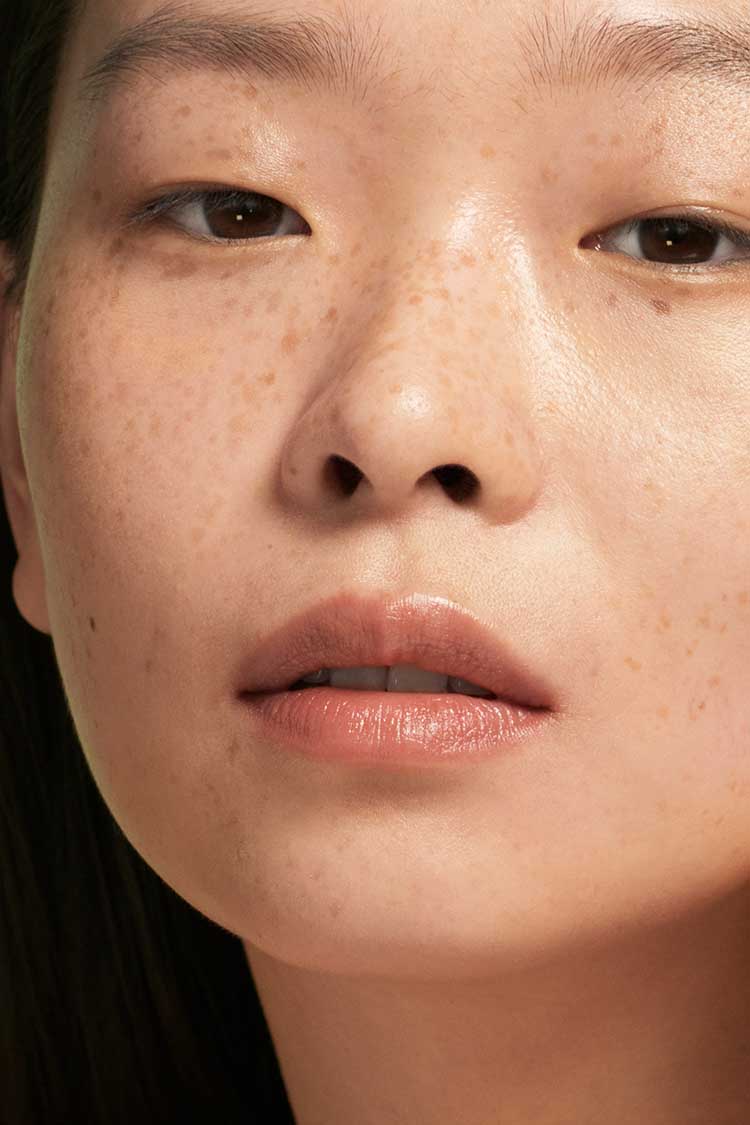WHAT IS CORNEOTHERAPY?
6th Nov 2020
Corneobiology refers to experimental studies that are focused on the anatomy and biology of the stratum corneum, the most superficial layer of the skin. U.S. dermatologist Dr. Albert Kligman and his team coined the term when they discovered that the stratum corneum and the lipid barrier that keeps it intact, has the ability to send signals to the underlying epidermis, influencing its regenerative processes in deeper layers of the skin, thus playing a significant role in skin health. This understanding, along with appropriate interventions and topical treatments is an ensemble of therapies Dr. Kligman labelled ‘Corneotherapy.’
Corneotherapy’s central learnings have shown that an optimally functioning skin barrier can protect and prevent harmful substances from permeating the skin, preventing or reducing inflammation that can lead to various skin disease and dysfunction as well as the supportive prevention of skin problems such as premature aging, hyperpigmentation and acne. The skin barrier is the matrix in our outermost layer of the skin that protects it from the outside world. It's made up of lipids such as squalene, cholesterol and water (sweat), horny skin cells and on top of that, the acid mantle and microbiome, which together help the skin retain water effectively, maintain hydration and prevent pathogens and other impurities penetrating the skin. Our skin barrier weakens with age but it can also be compromised by external factors including stress, exposure to UV rays, cold weather, blue light from devices and pollution. Over-exfoliating, harsh skincare ingredients and aggressive treatments can also affect its function.
The skin’s surface layer has many functions:
- Permeability: measure of the ability of a material to transmit fluids
- Antimicrobial: property to kill microorganisms or stop their growth
- Antioxidant: capacity to stop the production of free radicals, which damage the cells of organisms
- Integrity or cohesion: ability for intermolecular attraction between like-molecules
- Mechanical/rheological: science of deformation and flow within a material
- Chemical/exclusion of antigens: barrier against e.g. virus
- Psychosensory: touch affects psychological and emotional health
- Hydration: supply and retention of adequate water in biological tissues
- Protection against electromagnetic radiation
- Initiation of inflammation: activation of cytokines (proteins important in cell signalling)
A healthy skin barrier - contains the right amount of lipids, fatty acids and amino acids, retains water effectively and maintains a good balance of hydration. Skin will look radiant, plump, fresh and healthy.
A compromised skin barrier – can no longer hold onto moisture as well or protect and maintain itself leaving it vulnerable to problems. Skin can experience redness, flakiness, tightness, itchiness, rough texture, fine lines, breakouts, rashes and severe irritation such as psoriasis and eczema.
A key principle of Corneotherapy is that the epidermis should be intact at all times – and that the skin cannot be improved or corrected until the stratum corneum is in complete balance. You can maintain a healthy skin barrier by being kind to your skin; use high concentration Hyaluronic Acid which not only replenishes the skin’s moisture reservoirs but has also been shown in clinical studies to repair skin barrier function. Avoid physical exfoliation, aggressive ingredients such as fragrances, minerals oils, preservatives and colour and treatments such as skin acids and lasers and look at your diet, stress and sleeping habits too - your skin is your biggest organ and needs to be looked after from the inside and out.
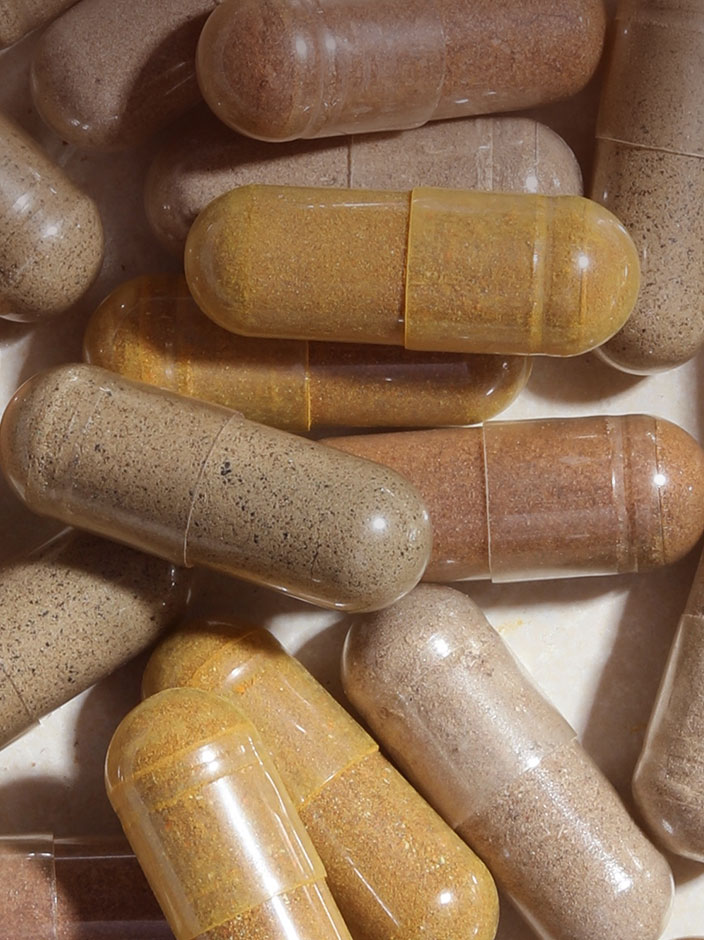

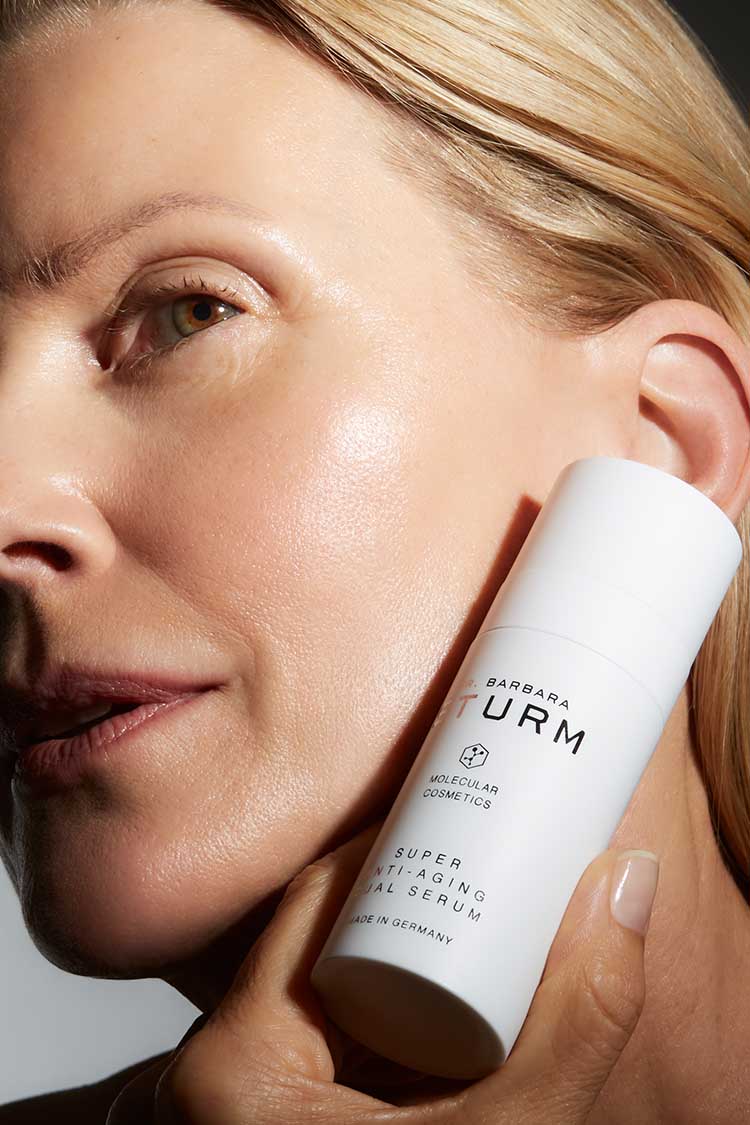
.jpg)
